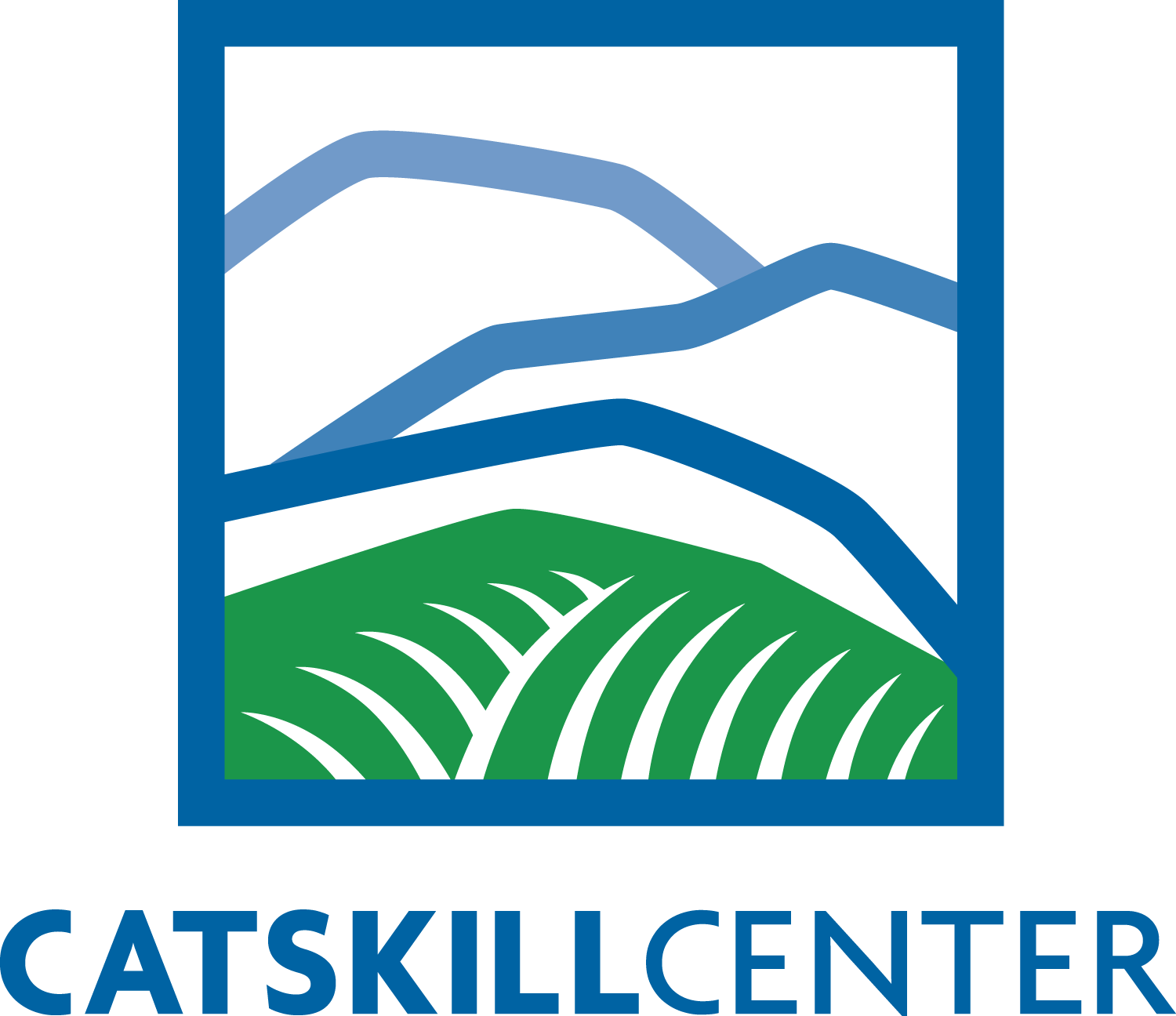The Woodstock Pollinator Pathway is excited to present Nature’s Best Hope a virtual presentation by nationally renowned author and entomologist Doug Tallamy on Wednesday, October 7th at 7pm with a thirty minute Q&A period following the presentation.
Recent headlines about global insect declines and three billion fewer birds in North America are a bleak reality check about how ineffective our current landscape designs have been at including the plants and animals that sustain us. Such losses are not an option if we wish to continue our current standard of living on Planet Earth. The good news is that none of this is irreversible. Tallamy will discuss simple steps that each of us can and must take to reverse declining biodiversity and will explain why we, ourselves, are nature’s best hope.
Doug Tallamy is a professor in the Department of Entomology and Wildlife Ecology at the University of Delaware, where he has authored 103 research publications and has taught insect related courses for 40 years. Chief among his research goals is to better understand the many ways insects interact with plants and how such interactions determine the diversity of animal communities. His book Bringing Nature Home: How Native Plants Sustain Wildlife in Our Gardens was published by Timber Press in 2007 and was awarded the 2008 Silver Medal by the Garden Writers' Association. The Living Landscape, co-authored with Rick Darke, was published in 2014. Doug's new book 'Nature's Best Hope' released by Timber Press in February 2020, is a New York Times Best Seller. Among his awards are the Garden Club of America Margaret Douglas Medal for Conservation and the Tom Dodd, Jr. Award of Excellence, the 2018 AHS B.Y. Morrison Communication Award and the 2019 Cynthia Westcott Scientific Writing Award.
Register for the virtual presentation at https://us02web.zoom.us/webinar/register/WN_WXIiTPmsROKr4oYsdCnGNA
Woodstock Pollinator Pathway (WPP) has garnered incredible support since the project launched in late February, 2020 now with over 120 participating properties including several local businesses and organizations. It offers practical planting advice, as well as offering educational resources highlighting the important role yards and gardens play in the larger ecosystem, and how habitat connectivity matters in our efforts to increase biodiversity, support wildlife and support our local food system.
The Woodstock NY Pollinator Pathway is a collaborative project of The Catskill Center, Woodstock Land Conservancy, Woodstock NY Transition, The Woodstock Environmental Commission and Community Member Partners.
Join the Woodstock NY Pollinator Pathway at WoodstockNYPollinatorPathway.org.
